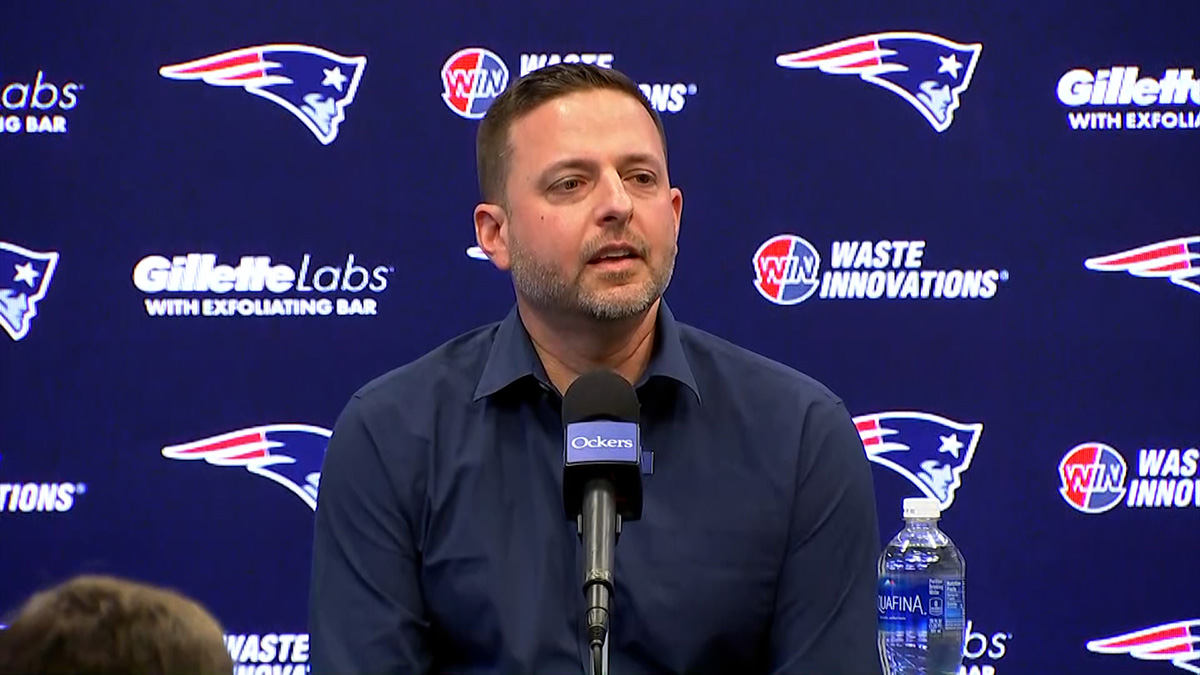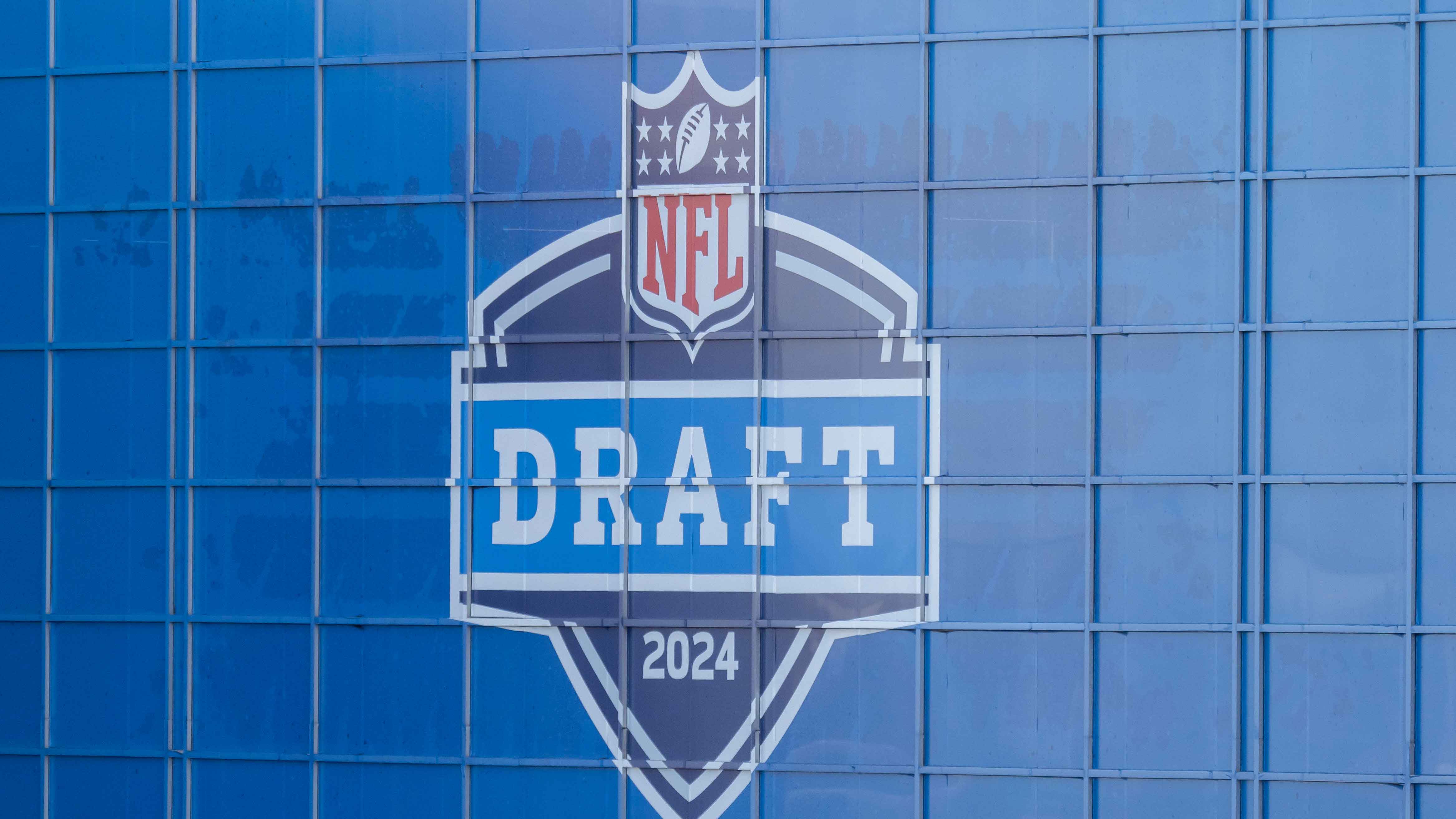
Among the many reasons for Chip Kelly's release was a series of personnel changes that backfired -- but were all of his roster tweaks the wrong decisions? We look back on Kelly's construction of the Eagles and reflect on whether each move was good or bad.
Aside from Jordan Matthews, who possessed no experience in a feature role, the Eagles were lacking proven production from their wide receiving corps in the wake of Jeremy Maclin’s departure. Sure, we could project big things for Matthews, Josh Huff and later Nelson Agholor in a Chip Kelly offense, but none of them had ever been the go-to guy before.
So Kelly made what seemed like a relatively minor addition at the time, signing Miles Austin to a one-year free-agent deal. Austin was 31, injury prone and hadn’t really done anything of note since 2012, but the two-time Pro Bowler had something the rest of the unit lacked – experience as a number-one receiver.
Austin was even coming off of a respectable season with the Cleveland Browns, hauling in 47 passes for 568 yards and two touchdowns over 11 games for a team with no quarterback. Surely, in a pinch, he could be a reliable option on third down or in the fourth quarter, or at the very least provide leadership to a young group.
Instead, the move backfired, as Austin turned out to be the total opposite of reliable. Still, was Kelly really in the wrong to bring in a veteran presence?
Evaluating Austin
There’s not much to say about Austin’s brief Eagles career other than it was a complete disaster. He was targeted 31 times, only managing to haul in 13 for 224 yards and a score. Dropped passes were an issue, and at times he seemed completely unaware of his surroundings – as in not even looking for the ball when it was coming his way.
It seemed like Austin was sleepwalking through the season, and it’s hard to imagine he provided much in the way of a mentor to the young guys based on the way he was performing on the field. Finally, after 12 brutal weeks, the Eagles released the 10-year veteran, because literally anybody would’ve been more useful.
NFL
The money
One of the reasons the Austin signing felt so minor at the time was everybody assumed he was coming to Philly on the cheap. That wasn’t exactly the case, either.
Austin’s deal was for $2.3 million, which seemed awfully excessive considering he was still available several weeks into free agency. Not only that, $1 million was guaranteed, which indicated this was not merely a tryout. The Eagles were essentially awarding him a roster spot, sight unseen.
Ultimately, the money is inconsequential on one-year contracts. It’s mostly only an issue when making a long-term commitment. Regardless, this had the appearance of the Eagles bidding against themselves for somebody who was, at best, a rotational player.
Thought process
Plenty of people thought signing Austin was a bad move at the time. Kudos to them. That being said, there’s no way anybody could’ve known he would be ineffective to such a large degree.
Nobody ever said the Eagles were counting on Austin to post 80 receptions or go over 1,000 yards this season. He was just there to take some of the pressure away from the young receivers. And to his credit, Austin could still create some separation from defenders. It was following through with catching the football that seemed to be the problem.
Clearly, Austin was not the right guy for the job, and he certainly got too much money, but it wasn’t unwise for the Eagles to bring in a veteran. It simply didn’t work out.
Conclusion
When evaluating these decisions, is it the process or the result?
The result was nothing short of disastrous. Austin’s inability to hang on to the football or even maintain his focus cost them at least one game against the Miami Dolphins, possibly others. The fact that he had to be released mid-season tells us everything we need to know about his abbreviated tenure with the Eagles. He stank.
But can you blame Kelly for thinking Austin could help the team? He was coming off of a respectable season considering the circumstances, while the closest thing to a veteran presence in the Eagles receiving corps was Riley Cooper. That probably wasn’t good, either.
Ultimately, it might be just a matter of perspective. Austin had a hand in ruining the Eagles’ season, so it’s almost impossible to call it a good move, but then nobody could’ve predicted just how terribly things actually went.
Previously: The Bradford trade, The LeSean-Kiko swap, Signing Murray, Signing Maxwell,Trading Boykin, Releasing Mathis, Extending Kendricks, Thurmond to safety


